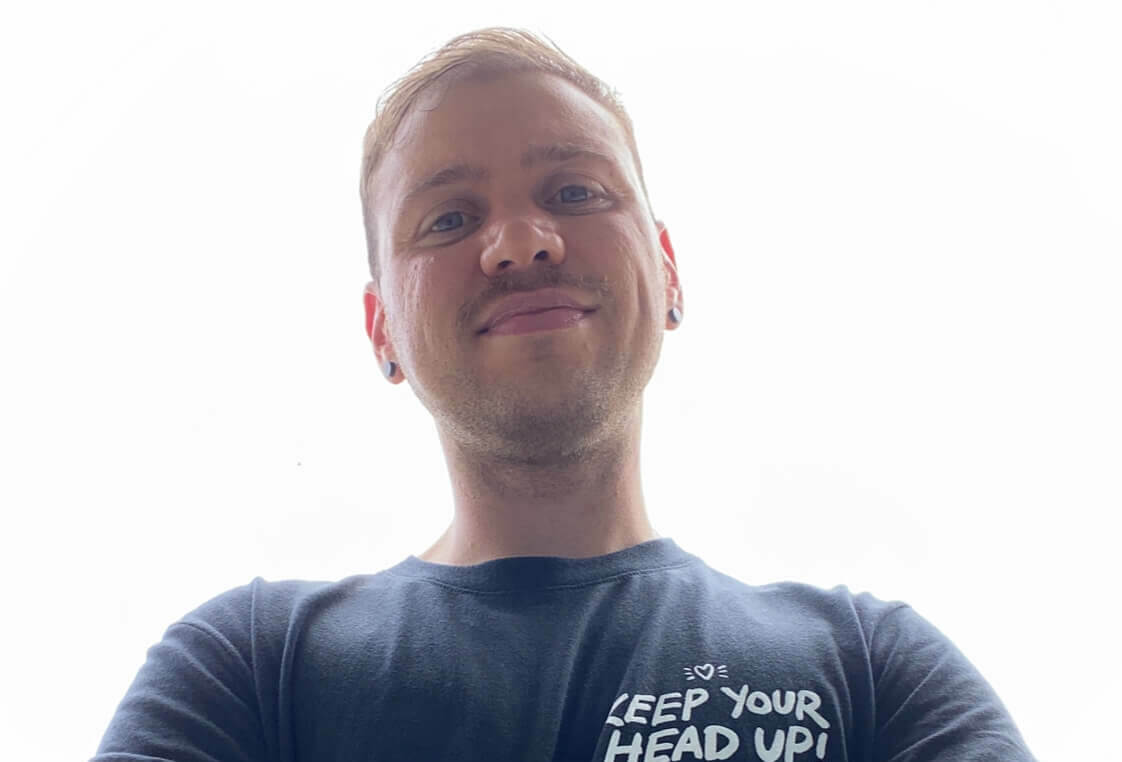Eating Disorders: The Personal is Political
Four years ago, an eating disorder colonised my mind. What began as a seemingly healthy preoccupation with fitness and ‘clean eating’ soon became all-consuming. Days became endless cycles of starvation, lethargy and punishment as calorie-counting apps dictated my days. Every morning I pinched my skin, checking if it had expanded overnight, and promised myself that I would be better today. I believed that anorexia was my friend. It serenaded me with the illusion of control and convinced me that restriction equated to discipline: you don’t deserve this, you have no self-control, I knew you were weak. The only way to win was to keep on losing; I believed that if I became fat then people would be as disgusted with me as I was with myself.
The prevalence of misinformation about eating disorders (EDs) only bolstered my illness. In high school, the entirety of my ED education was formed by one pallid poster featuring an ailing, skeletal young girl. This not only limited my understanding of EDs to anorexia nervosa (which only accounts for 3 per cent of EDs) but restricted who I thought was worthy of treatment, namely people on the cusp of collapse. Plus, I didn’t look like the girl on the poster. So, I couldn’t be sick, right? Vapid validation from those around me, congratulating me on my weight loss, further entrenched this notion. I was never taught that EDs are a mental health condition with physical manifestations; you don’t have to be emaciated to have one, nor do you have to be on the brink of organ failure to deserve help.
For years, anorexia felt like an intimate part of who I was; a personal problem and an individual weakness. Yet, how could that be true when one million others in Australia, 75 per cent of whom are girls and women, suffered the same plight? How is it that EDs have the highest mortality rate of any psychiatric illnesses, yet we never seem to hear about them? They are scantly mentioned in public discourse and commonly stigmatised as ‘vain’ and ‘attention-seeking’ behaviour. I don’t think it’s any coincidence that an illness which primarily affects women is dismissed in this way.
Simultaneously, male sufferers are mocked and disbelieved for being afflicted by a ‘feminised’ disease. While one’s predispositions play a part in every mental disorder, the escalation of EDs cannot be reduced to individual factors. To the contrary, I find them to be a clear consequence of a misogynistic and capitalist landscape which promotes self-loathing for profit.
Everywhere we turn, from food labelling, to billboards and even ads on streaming websites, thinness and beauty is sold to women as the pinnacle of our existence. Multi-billion-dollar industries constantly manufacture new products to ‘fix’ our supposed imperfections – from hip dips to cellulite – sending the message that these are things that need to be ‘corrected’. Framed as ‘self-improvement’, the fitness, cosmetics, fashion, plastic surgery and anti-ageing industries keep us yearning for a non-existent state of perfection, before they move the benchmark once again, all as their profits surge. We see the repercussions for outliers with the caustic scorn directed at the likes of Lizzo and Sam Smith, and we are cordially warned of the consequences of disobedience. Is it any wonder that we are conditioned to hate ourselves when every second Instagram ad features a new ‘fat-blasting laser therapy’, ‘fit tea’ or ‘guilt-free snack’? Maybe if girls weren’t bottle-fed thinness as a prerequisite for female existence we could grow into women with the self-assuredness to question this system. Maybe we wouldn’t spend years of our lives perfecting the art of shrinking, and we could focus on living instead. But that’s a frightening prospect for capitalism. So here we are, trapped in a cycle of doubt and self-diminishment, feelings which have become so commonplace that we are desensitised to their toxicity.
I was lucky enough to recover (for the most part) from this illness. Yet, as the cloudy veil which comes from perpetual starvation began to lift, I grew increasingly furious. And I am angrier still. I am sick of being told that I ‘don’t look like someone who has an ED’, a response which renders suffering invisible and reinforces the stigma around mental health. Consider the comments people make in relation to physical health – would you ever tell someone that they didn’t look like they had cancer?
Most of all, however, I am enraged by an economic system which incentivises misogyny and is willing to do anything if it ensures profit. After all, as Gail Dines once pointed out, ‘if tomorrow, women woke up and decided they really liked their bodies, just think how many industries would go out of business’. The ‘personal’ problem of EDs is rooted in a much larger political problem. We need more than doctors, psychologists and dietitians to combat the proliferation of EDs – we need to change the economic and political system in which they flourish.






















